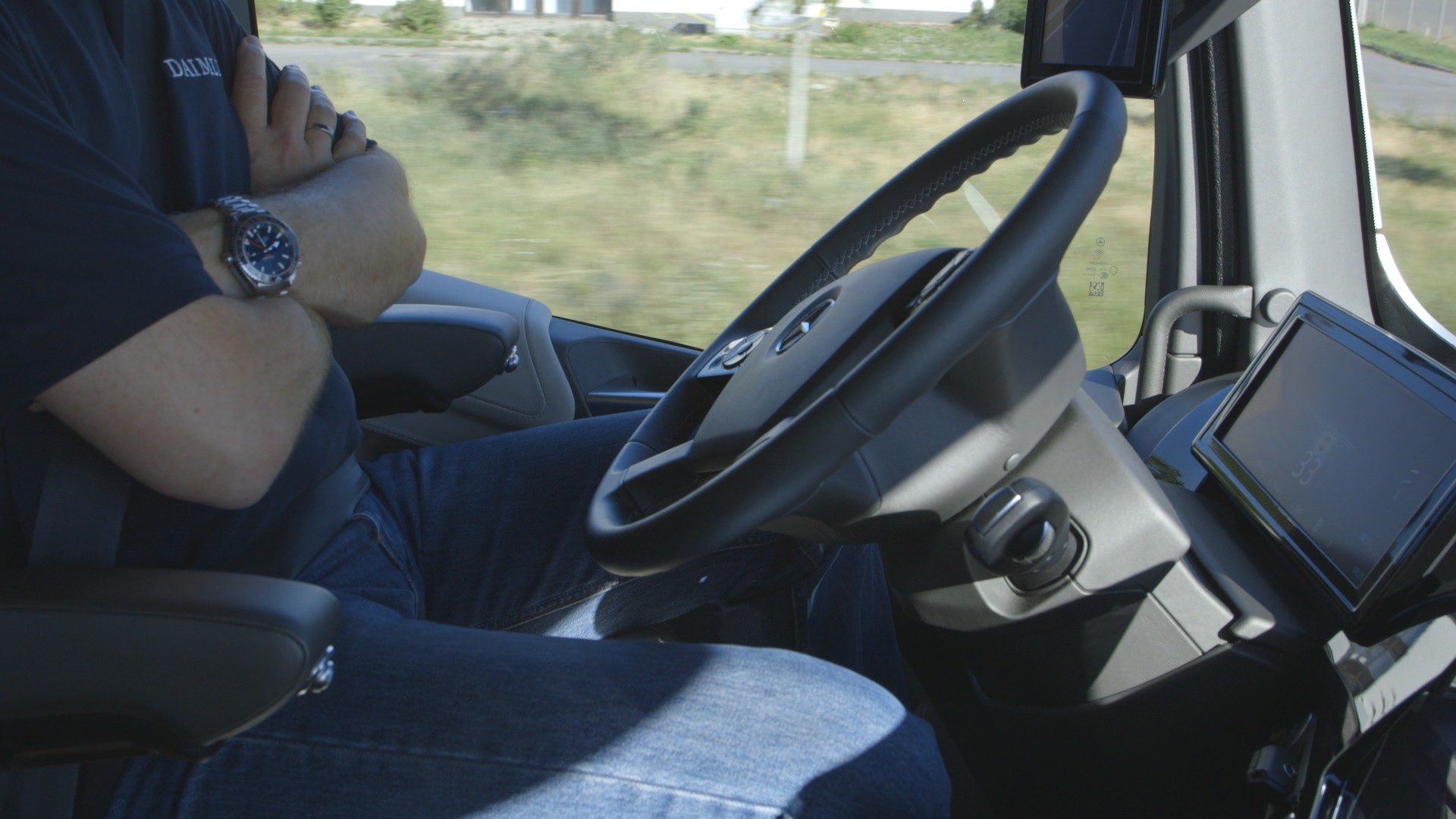Photo via Wikimedia Commons.
Over the weekend, China joined the growing ranks of countries that have pledged to completely phase out gas- and diesel-fueled cars for electric ones in an effort to slow global warming.China's automotive market is already larger than ours -- it's responsible for about one of every three cars sold in the entire world -- but this announcement leaves the United States alone under a spotlight as the last major holdout against electric vehicles. A position like that would be uncomfortable for a healthy first-world administration, but dovetails nicely with our status as the only such country to not commit to the Paris climate agreement, in the company of only Syria and Nicaragua.China, which already invests massively in clean energy like wind and solar, has timetables for reducing its carbon footprint numbers ways in the coming decades. Its new push for EVs will include more tax breaks for new buyers, which is in line with the global trend of using state and/or federal incentives to encourage buyers to make the switch.
Check out more videos from VICE:
The bulk of our EV rebates are in California, which was responsible for more than half of all US sales in 2016. Arguably the worst state is Mississippi, which has no real incentives at all. It requires no emissions testing and has barely any charging stations. The results are pretty stark display of how much incentives matter -- just one in 10,000 cars in Mississippi are EV or hybrid. In California it's nearly 47 out of 10,000.Fortunately, some are coming around to the idea that clean energy is lucrative, much as some GOP representatives warmed to legalized marijuana once they realized just how much tax money their state stood to pull in. South Carolina, Louisiana, and Texas offer respectable incentives, and per a 2015 survey by UCLA, 22 states have one or more EV-friendly policy.
Advertisement
Teslas are pretty much becoming more affordable each time Elon Musk tweets, but most Americans still find EVs and plug-in hybrids prohibitively expensive. If we're looking at federal exemptions, the IRS currently provides a tax break of between $2,500 and $7,500 for purchase of a new electric or hybrid vehicles. This applies to each manufacturer up until they sell 200,000 models. No manufacturer has done this. On the state level, though, rebates and exemptions vary widely. This means that your ability to wean yourself off fossil fuels often depends on how much your local elected officials care about that kind of thing.China sells more than twice the number of electric cars than the United States.
Check out more videos from VICE:

The bulk of our EV rebates are in California, which was responsible for more than half of all US sales in 2016. Arguably the worst state is Mississippi, which has no real incentives at all. It requires no emissions testing and has barely any charging stations. The results are pretty stark display of how much incentives matter -- just one in 10,000 cars in Mississippi are EV or hybrid. In California it's nearly 47 out of 10,000.
Advertisement
China sells more than twice the number of electric cars than the United States. Since the fact that they are winning the economy hasn't yet registered with the current federal administration, the most effective thing we can do is advocate for incentives at the state level, and use our purchasing power to purchase electric vehicles over fossil-fueled cars.The bulk of our EV rebates are in California, which was responsible for more than half of all US sales in 2016.
In the United States, September 9-17 is is National Drive Electric Week. Learn more about the initiative and find an event near you. You can also get updates about policy action from Plug in America, the non-profit that can also facilitate your desire to volunteer, donate, write to your elected officials, and help educate your neighbors about the many reasons fossil fuels are bad. They also provide a map where you can find the breakdown of incentives offered in your state. And for those patriots fortunate enough to be ready to make the switch themselves, here's a handy guide to buying a used EV.Find out more information about how you can get your local leader on board too.
